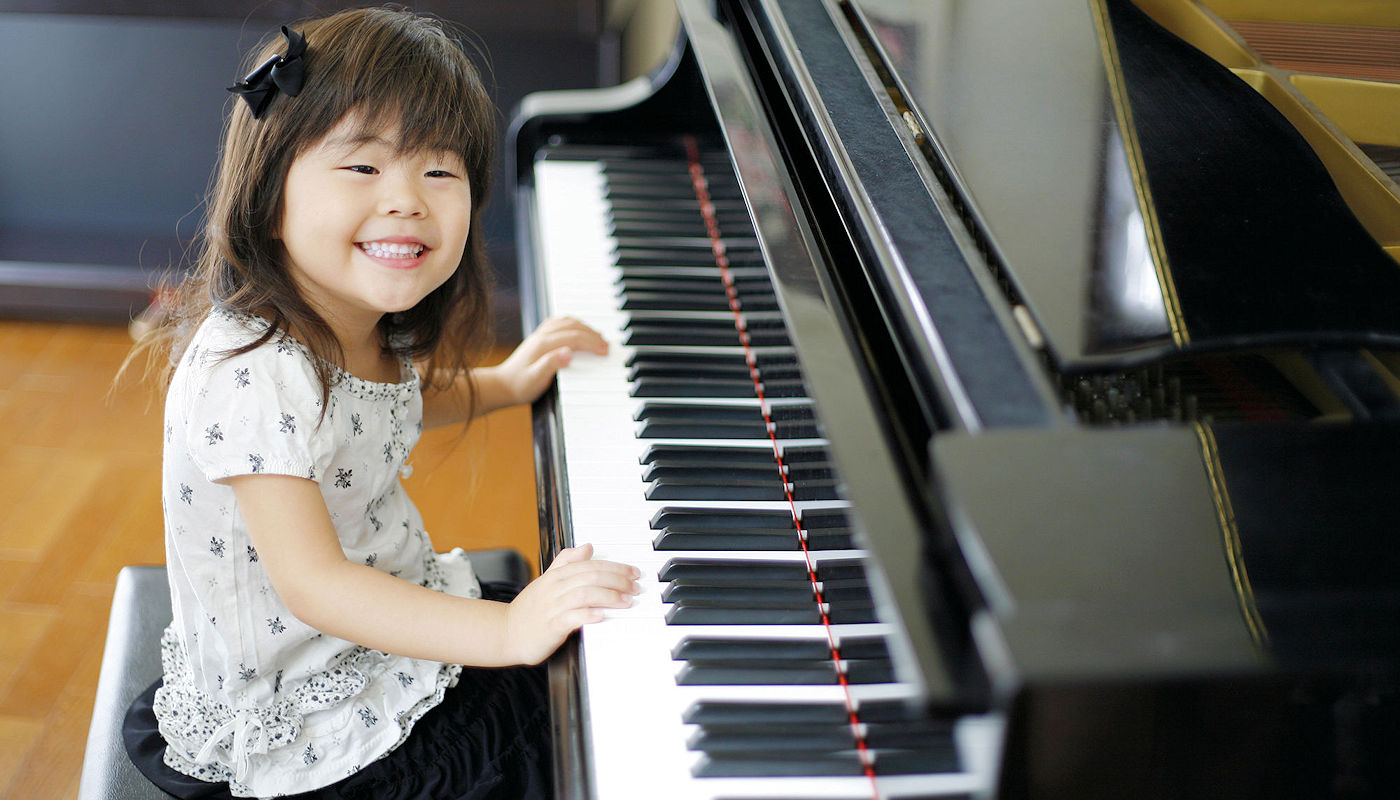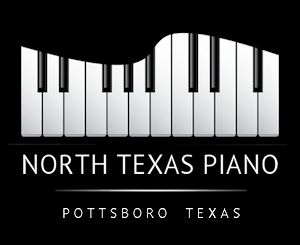
Benefits of Piano Lessons for Children
Playing Piano is about much more than music!
Benefits of Piano Lessons
for Children
Playing Piano is about much more than music!
Experience a time-honored way to learn and appreciate music.
The piano is an ideal first instrument for children who want to learn to read music, and play a musical instrument. It’s good for kids in other areas of their lives too. Learning to play the piano is a hallmark of many people’s childhood. The benefits of piano lessons for children goes beyond music education: learning to play piano and the study of music in general, engages both hemispheres of the brain. The benefits of this learned skill carry on through adulthood. Music education involves both art and math. Playing the piano improves fine motor skills and hand-eye coordination in children. There are the ore abstract, less tangible results of music. the piano is an ideal first instrument for children to learn. The keyboard is easier to master initially, than some other musical instruments. For example, wind instruments like flute involve learning the proper method of blowing across the head joint’s mouth hole, while string instruments like the violin entail learning to play the right note, no other strings, and with the correct amount of bow speed and pressure. For these and several other reasons, the piano is typically recommended for children who are interested in learning to play a musical instrument.
Increased hand-eye coordination.
Piano lessons help children with their fine motor skills, coordination, and general dexterity. The importance of good hand-eye coordination in kids is clear; kindergartners learning to write, and older children perfecting their writing skills, need to be able to have mastered small motor skills.
Improved concentration.
Learning to play the piano takes focus, as children need to think about each hand operating separately. Learning to read sheet music also takes concentration and focus, as does translating the written notes into music with the correct tempo and rhythm.
Improved school performance.
Learning to play the piano can help kids understand concepts behind science, math, and even engineering.
Music appreciation.
Understanding the process of playing music and thinking about individual notes that make up a whole musical composition, engages children in a deeper understanding of the complexity of music. This carries through to a lifetime of music appreciation, across musical genres.
Being well-rounded.
Most children who learn to play the piano don’t grow up to be concert pianists. However, having multiple interests and one or two hobbies add to the well-roundness of young developing personalities. Children who learn to play the piano, don’t easily forget. Piano lessons are gifts parents can give to help their children do better in school, feel good about themselves, and add a bit of music to the world.

